
Harassment
Harassment covers a wide range of behaviors of an offensive nature. It is commonly understood as behavior that demeans, humiliates or embarrasses a person, and it is characteristically identified by its unlikelihood in terms of social and moral reasonableness. In the legal sense, these are behaviors that appear to be disturbing, upsetting or threatening.
Learn more / En savoir plus / Mehr erfahren:
https://www.scoop.it/topic/21st-century-learning-and-teaching/?&tag=Civilit%C3%A9
https://www.scoop.it/topic/21st-century-learning-and-teaching/?&tag=civility
http://www.scoop.it/t/21st-century-learning-and-teaching/?&tag=Empathy
https://www.scoop.it/topic/21st-century-learning-and-teaching/?&tag=DQ
http://www.scoop.it/t/21st-century-learning-and-teaching/?tag=Empathy
http://www.scoop.it/t/21st-century-learning-and-teaching/?tag=Soft+Skills
http://www.scoop.it/t/21st-century-learning-and-teaching/?tag=Daniel-GOLEMAN
http://www.scoop.it/t/21st-century-learning-and-teaching/?tag=Emotional-Intelligence
http://www.scoop.it/t/21st-century-learning-and-teaching/?tag=EQ
https://www.scoop.it/t/21st-century-learning-and-teaching/?&tag=Frank+SONNENBERG



 Your new post is loading...
Your new post is loading...





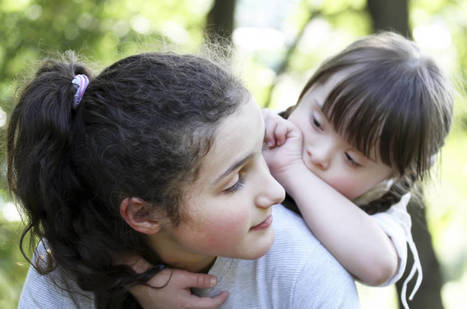


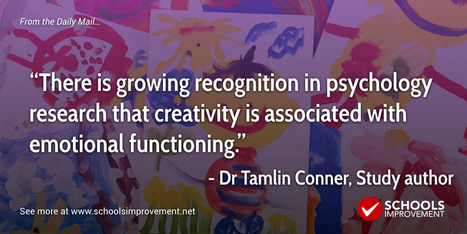





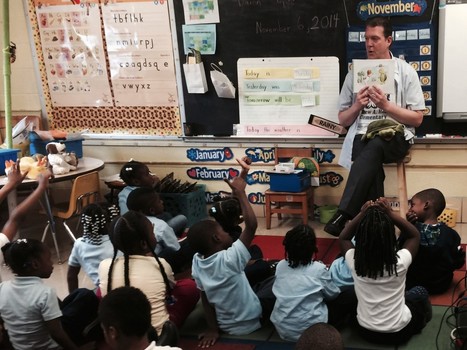
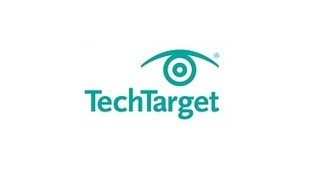

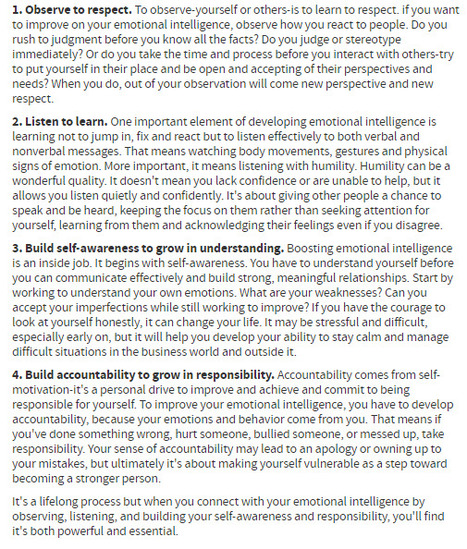

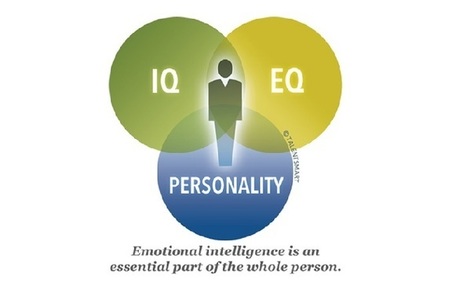







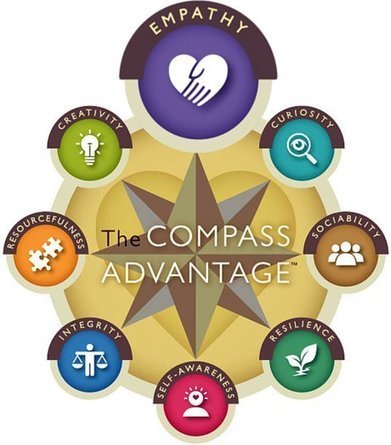




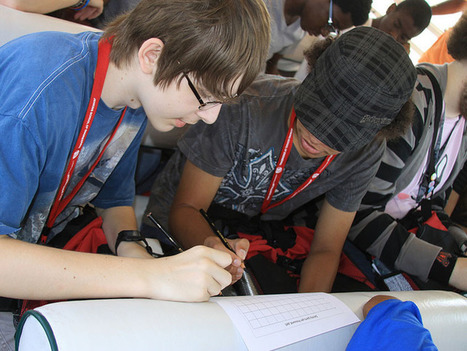



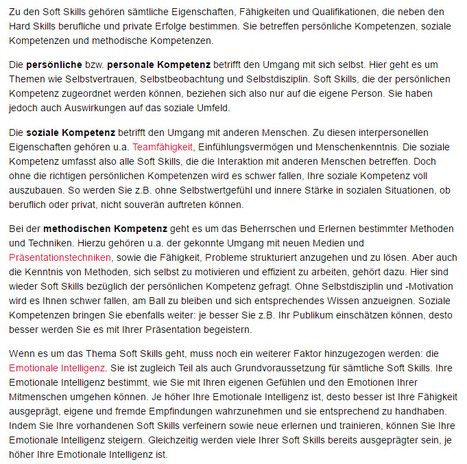

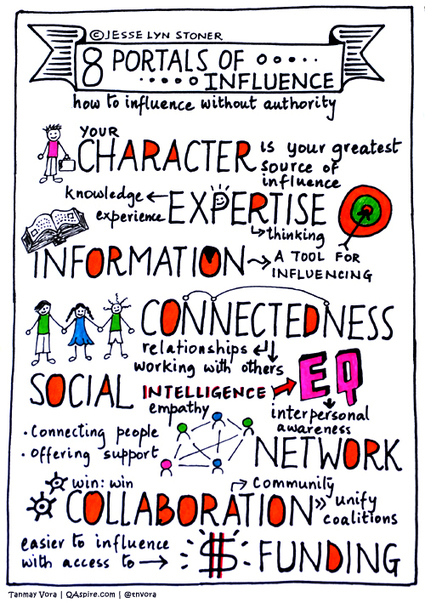










Learn more / En savoir plus / Mehr erfahren:
https://www.scoop.it/topic/21st-century-learning-and-teaching/?&tag=Civilit%C3%A9
https://www.scoop.it/topic/21st-century-learning-and-teaching/?&tag=civility
http://www.scoop.it/t/21st-century-learning-and-teaching/?&tag=Empathy
https://www.scoop.it/topic/21st-century-learning-and-teaching/?&tag=DQ
http://www.scoop.it/t/21st-century-learning-and-teaching/?tag=Empathy
http://www.scoop.it/t/21st-century-learning-and-teaching/?tag=Soft+Skills
http://www.scoop.it/t/21st-century-learning-and-teaching/?tag=Daniel-GOLEMAN
http://www.scoop.it/t/21st-century-learning-and-teaching/?tag=Emotional-Intelligence
http://www.scoop.it/t/21st-century-learning-and-teaching/?tag=EQ
https://www.scoop.it/t/21st-century-learning-and-teaching/?&tag=Frank+SONNENBERG